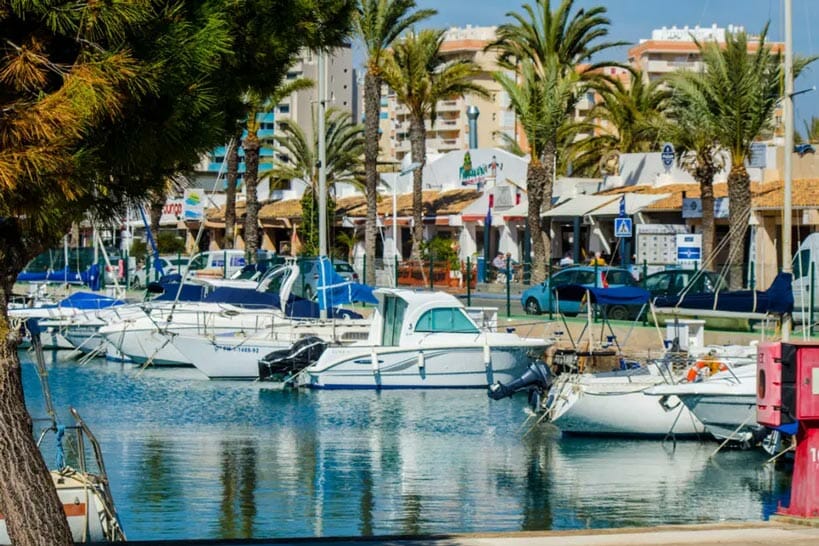
For those interested in buying a property in Spain, whether it’s to permanently relocate or to finally own that dream holiday home you’ve always wanted, you’ll of course have some questions about tax.
And to help you understand non-resident tax in Spain, we’ve put together this helpful guide that should come in useful during your investment journey.
What is non-resident tax in Spain?
For those who are not fiscal residents but own property in Spain (or any other asset that generates income), you are obliged to pay non-resident tax. For non-EU citizens, this is a flat rate of 24% on your income. For EU citizens it’s 19%.
This tax is also referred to as “wealth tax” and is roughly the same amount as the IBI or council tax, which equates to a few hundred euros each year.
Property tax in Spain
For Spanish residents, the property tax payable is anywhere between 8% and 11.5%. For example, if you purchased a flat valued at €350.000, the property tax would be between €500 and €700 a year.
The non-resident property tax in Spain is around 24.75% of taxable amount, calculated at 2% of the properties cadastral value.
Are you a tax resident in Spain?
Everyone has to pay taxes in Spain, but the rate you pay will depend on your residency.
You are classed as a resident if you meet any one of the below criteria:
- You live in Spain for more than 183 days per calendar year from January to December. These days do not have to be consecutive
- You have assets and/or economic interest in the country
- You have a spouse and/or children living in Spain
Please note that this does not concern residence permits.
Paying non-resident tax
Now you understand what non-resident tax is, it’s also important to know exactly how to pay this tax.
To pay your non-resident tax, you must obtain and complete a Modelo 149.
For non-residents, you must make your tax declaration on Model 210.
One your form has been submitted; it will be sent out by the Spanish Tax Administration within the maximum term of 10 days.
How does non-resident tax affect buyers?
In regards to purchasing property, the taxes that a buyer must pay to the Public Treasury depend on whether the home is a new property from a development or a second-hand house sale (resale).
For new houses, the tax imposed on the real estate transaction is 10% VAT.
For second-hand or resale hoes the buyer is expected to pay a transfer tax which is estimated on a regional basis.
If the property is less than 130,000 euros, the tax rates are reduced accordingly. This also applies if the buyer of the home is less than 35 years of age.
If a buyer has any disabilities, the cut-off value to apply to this tax reduction is 180,000 euros.
To summarise, property buyers must pay the below taxes:
- Income tax (including capital gains tax)
- Annual real estate tax
- Additional non-resident property tax
Our advice to buyers is to make sure that you consider and calculate for tax costs into your budget and investment plan, so you’re not met with any unexpected fees.
Do you need help navigating the Spanish non-resident tax?
There’s so much to think about when buying a property and trying to understand the different tax categories can be complicated.
When you choose to buy a property from Andrew Brown, we can help you to understand non-resident tax and support you through the entire purchasing journey.
Simply get in touch with us today to find out more about how we can help you.
